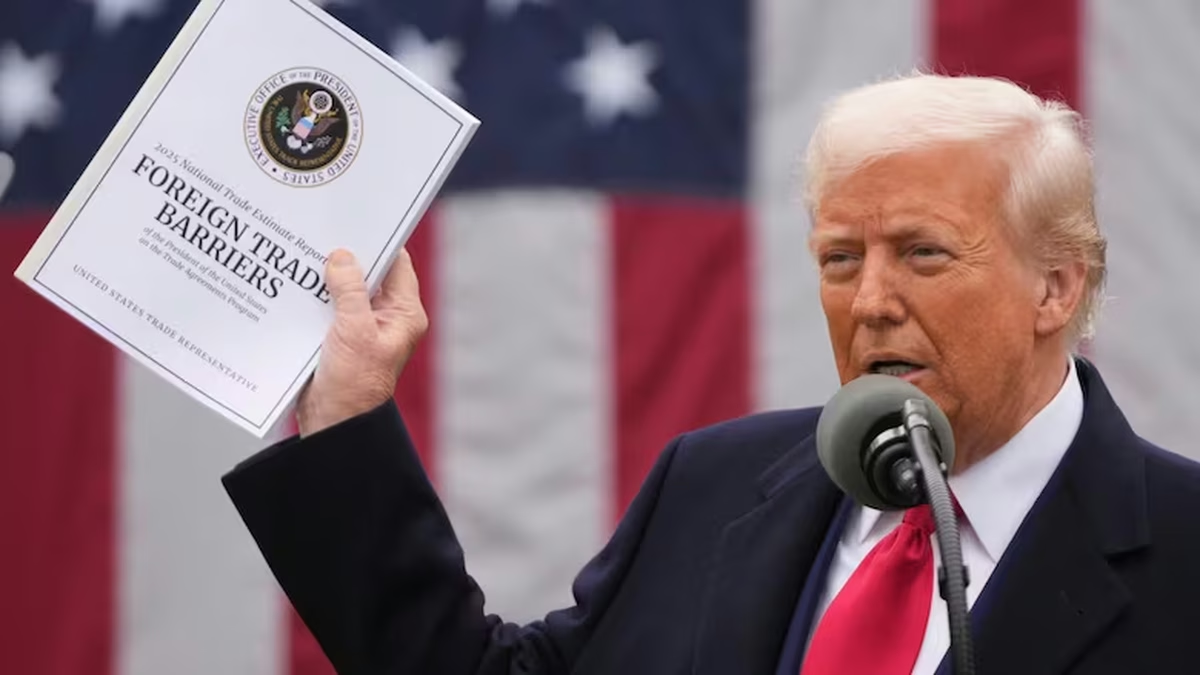A mystery comes to light in the Wirecard trial: The group published quarterly reports before the three most important partner companies delivered business figures. How could that be?
In the Wirecard trial, the group’s former chief accountant has found himself in a difficult position to explain himself. On Monday, presiding judge Markus Födisch confronted the defendant E. with massive inconsistencies in the compilation of Wirecard’s business figures: According to him, in the years before the billion-dollar bankruptcy in 2020, the group very often published preliminary results before the three most important partner companies had even fully submitted their respective business figures. “That is the central point,” Födisch said on Monday to the 49-year-old, who was previously largely responsible for compiling the balance sheet figures.
In the courtroom, Födisch presented E. with a comprehensive analysis by the public prosecutor. One example: Wirecard published its preliminary business report for the third quarter of that year on October 26, 2016. However, the three partner companies Senjo, Al Alam and Payeasy did not send their respective business figures by email until November. This delay was therefore not an isolated case, but rather a normal occurrence, as can be seen from the investigators’ table.
Judge looks at inconsistencies
The three companies processed credit card payments in the Middle East and Southeast Asia on behalf of Wirecard. According to the indictment, this so-called TPA business did not even exist, and the public prosecutor assumes that sales and profits were invented. “Without TPA figures, it was not possible to prepare the preliminary reports,” the presiding judge told the defendant. “It does not fit with what you are telling us.”
Some data can no longer be verified
Last week, the former chief accountant broke his silence of over a year and a half in the trial and made a detailed statement on the charges, but did not make the comprehensive confession demanded by the court. His defense attorney emphasized that the three partner companies had indeed provided figures. However, some of these came from screenshots that the co-defendant and key witness, Oliver Bellenhaus, sent from Dubai by cell phone via the chat service Telegram – data that is now lost and therefore no longer verifiable. “All accounts were always available for the final figures,” emphasized the attorney.
Bellenhaus has largely admitted the charges, but former CEO Markus Braun has repeatedly denied them completely. The former chief accountant, like Braun, has accused Bellenhaus of giving false testimony. The mammoth trial in Munich, which opened in December 2022, is now going into its summer break for almost four weeks.
Source: Stern




